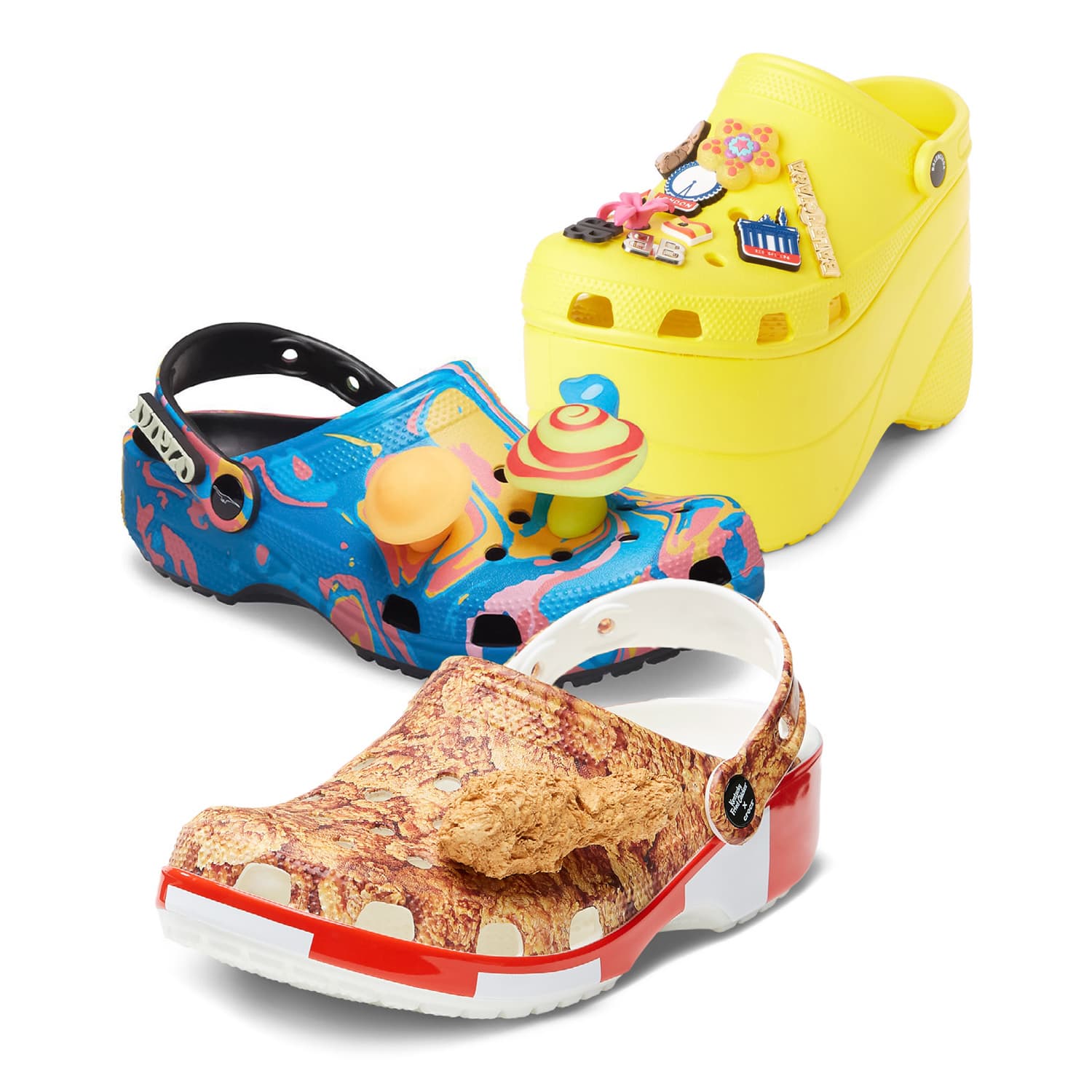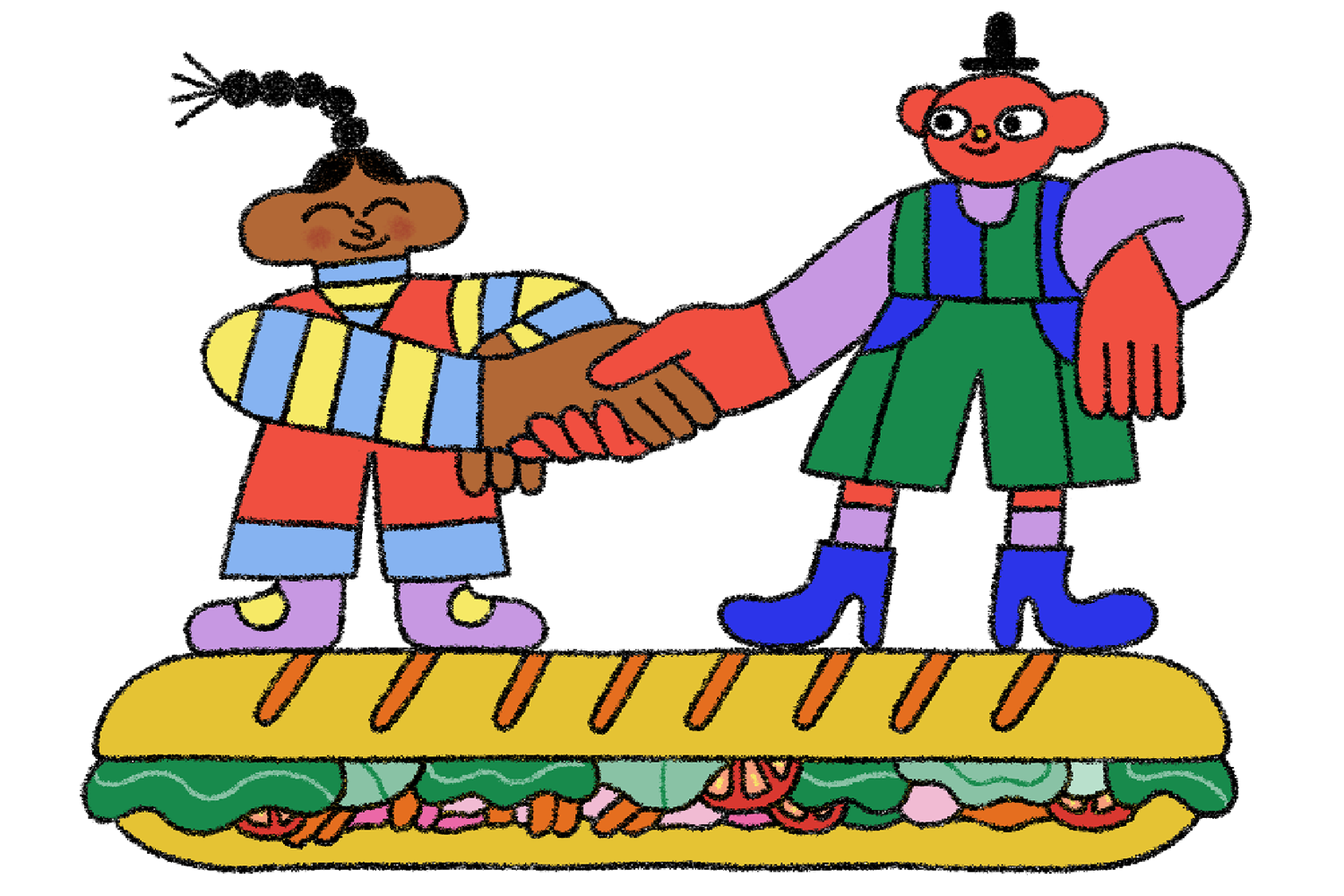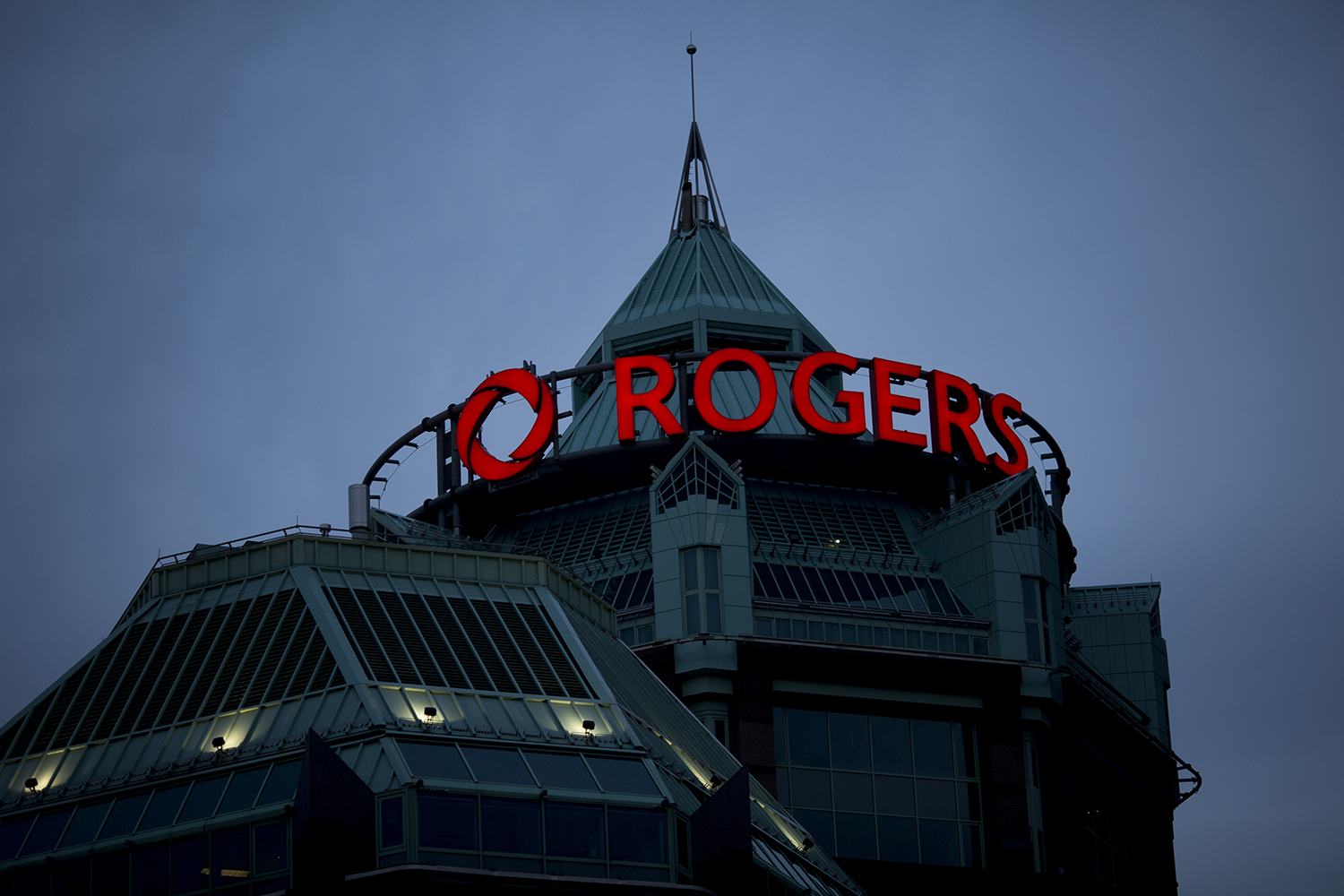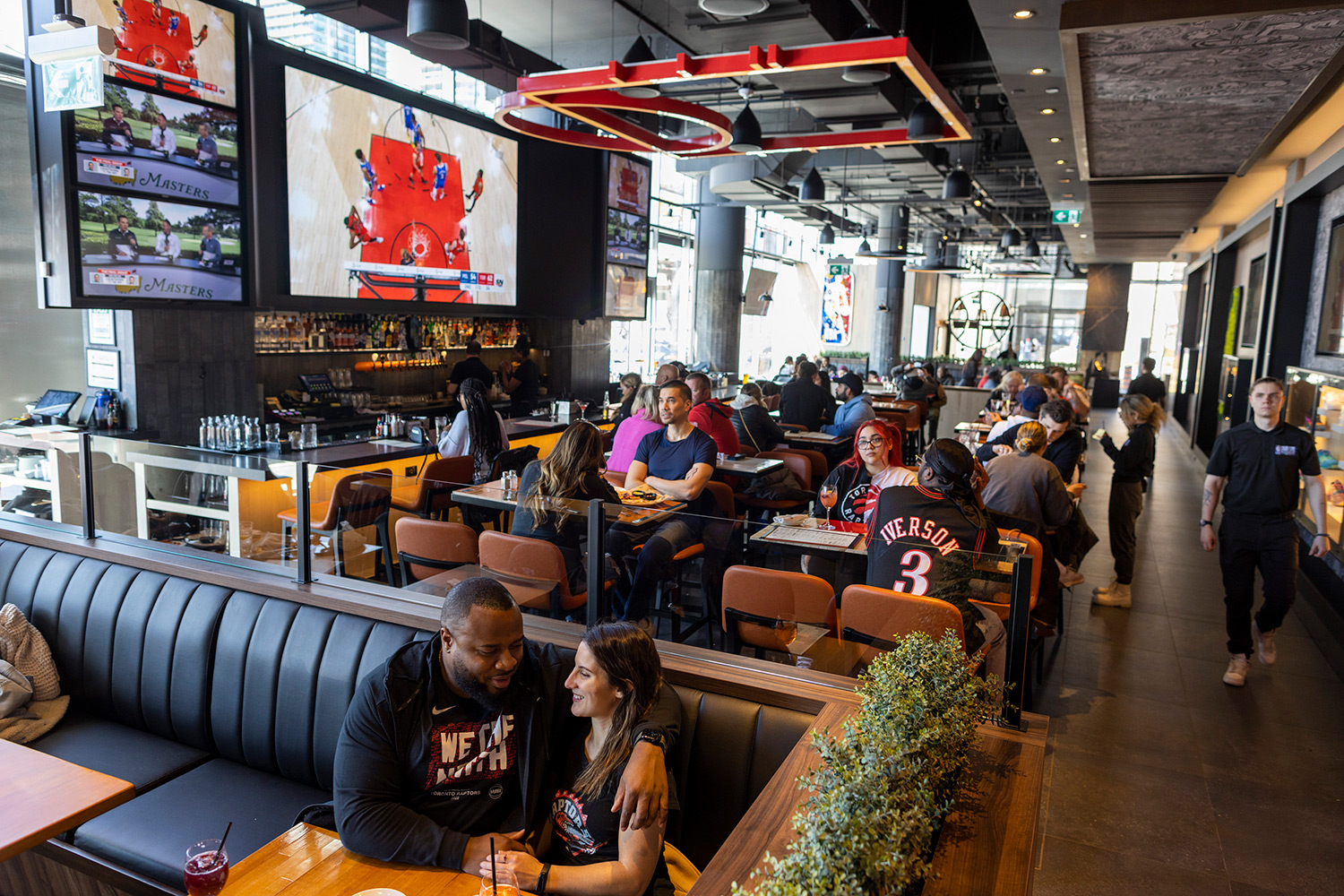Justin Bieber Might Just Make Tim Hortons Relevant Again

After 57 years in business, Tim Hortons is giving people what they never knew they wanted: Timbiebs. Starting on November 29, coffee lovers across Canada and the U.S. can order three flavours of Justin Bieber-designed Timbits: chocolate white fudge, sour cream chocolate chip and birthday cake waffle. They can also get their hands on limited-edition Bieber x Tim Hortons merchandise, featuring a Timbiebs-branded fanny pack, tote and toque.
This isn’t Tims’ first attempt at bringing in younger customers. Ever since the once-beloved brand was bought by investment firm 3G Capital in 2014—which also operates Popeyes, Burger King and now Firehouse Subs under the company Restaurant Brands International—it’s been grappling with ways to appeal to a more modern coffee-drinker, often at the expense of alienating existing customers.
In recent years, the company has also angered franchisees over allegedly misusing ad fund revenue, it has struggled to expand to the U.S. and, perhaps most worrisome of all for a public company, its annual revenue growth has been lukewarm. In other words, Tim Hortons has been losing its grip on being Canada’s coffee go-to.
Now, with the Bieber partnership, the chain appears to be going all out to regain its popularity. While it’s still too early to know whether Bieber’s endorsement will bring in new customers, widespread media coverage has been largely positive already. Searching #Timbiebs on Twitter brings up endless tweets, and Bieber’s own Instagram has thousands of comments praising the collab. As fellow Canadian and Bachelor star Kaitlyn Bristowe commented: We’re “sold.”
Marketing missteps
There’s a lot at stake for this partnership. A 2018 Angus Reid survey found that one in three Tim Hortons customers said their opinion of the chain was worsening—there’s been online speculation that the taste of the coffee has changed—while a 2020 Ipsos Reid survey found that the company, which was once as synonymous with Canada as hockey and snow, is less relevant today than it once was. More generally, consumers have criticized the company for moving away from what it’s always done best: sell double doubles, chocolate-glazed donuts and a 12-pack of Timbits.
In 2019, Tim Hortons brought in Beyond Meat to its menu, offering two breakfast sandwiches and one wrap using the meat alternative. While Mike Hancock, the company’s chief operating officer, said in a press release that Canadians were “hungry” to try the new menu items, that assessment appeared to be too optimistic. The chain stopped offering Beyond Meat just months after the rollout.
That same year, Tim Hortons opened an “Innovation Cafe” in Toronto’s Financial District, which it said was “a modern interpretation of the Tim Hortons brand and is a unique space to test new menu items and technology initiatives.” There, downtown hipsters and well-heeled bankers could sit at a sleek bar and grab a cup of nitro-infused cold brew or 12 “Dream Donuts,” such as the crème brûlée donut, the dulce de leche-filled donut and the blueberry hibiscus donut. It closed in April 2021, which the company attributed to the pandemic.
In February 2020, in perhaps its worst offence, the company dared to change its Roll Up the Rim contest—a marketing effort that actually had been a massive hit year after year since it was first introduced in 1986, back when company co-founder Ron Joyce was still overseeing the business. In a bid to appeal to sustainability minded customers, Tims changed the program to a digital contest. What was once simple ritual became a complicated program of bonus plays and in-app adventures. Customers weren’t happy, and Ryerson University marketing professor Joanne McNeish described the move as “insanity.”
Betting on Bieber
David Soberman, a professor of marketing at the Rotman School of Management, believes this partnership could produce a much-needed hit for Tim Hortons. “Justin Bieber is obviously one of the most well-known Canadians in the world,” he says, indicating that Tims may have learned from its past several fails and is now leaning into classic Canadiana, rather than trying to compete with more modern restaurants and global chains. The Timbiebs merchandise, which includes the old-school Tim Hortons logo, is another sign that the company is moving away from trying to chase new trends and going back to its roots.
Soberman also thinks there’s a genuineness to the partnership, another factor that would bode well for its success. “I doubt Bieber would have lent his name if he didn’t like Timbits,” he says. “I suspect the new flavours are probably good—he would have had to have eaten them.”
He believes the choice of a young celeb like Bieber is smart. “Anytime you’re running a restaurant chain, if you can get younger people into your restaurants they could become customers for decades,” says Soberman. Although, he notes the company will also have to be careful to appeal to its legacy customer base of mostly older and working Canadians. He wonders how many young people are regular Timbit buyers, noting that millennials and Gen Z tend to be more health conscious, which may make old-school sugary treats less appealing regardless of celebrity endorsement.
Endorsements done right
Celebrity endorsements can be hit and miss, but other fast-food chains have found success with musicians. In 2005, Destiny’s Child, who were one of the biggest acts at the time, helped bring McDonald’s chicken salad into the spotlight, while the Travis Scott meal, a menu item designed by rapper Travis Scott in 2020, was apparently such a hit that restaurants were selling out of ingredients.
And while this may be Tims’ first big foray into the music business, in October Restaurant Brands International enlisted Megan Thee Stallion to develop “Hottie Sauce,” a new hot sauce for its Popeyes chains. The company is also selling custom merch and Megan Thee Stallion is even becoming a franchisee of five new locations.
Can the Biebs help reverse the company’s stagnating fortunes and bring in the next generation of Tims lovers? Only time—and taste—will tell, but at least the new Timbits have a celebrity stamp of approval.
And, if nothing else, it’ll provide some more data points. “Tims has never really had a promotion with a popular music personality before,” says Soberman, “so at least they can learn from the experience.”









